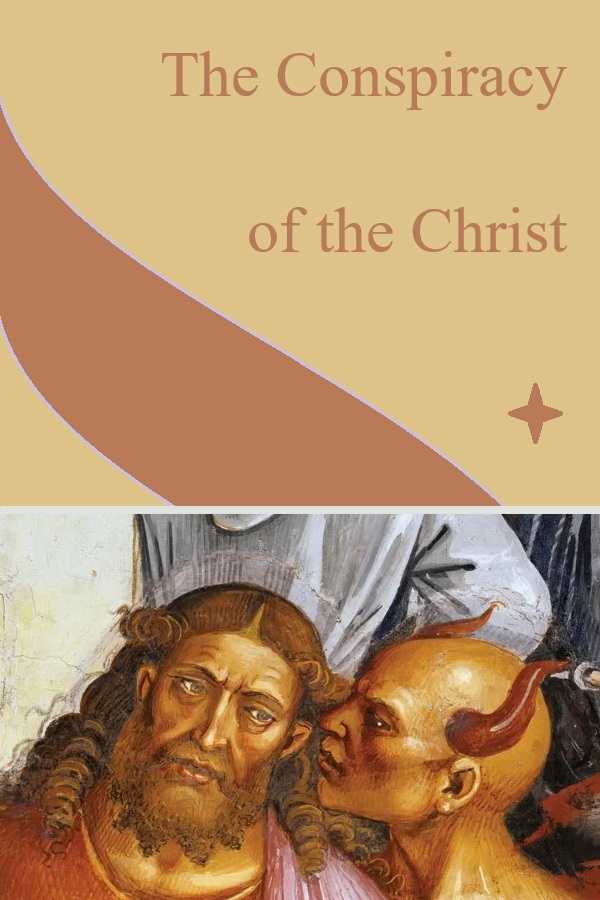The Conspiracy of the Christ
A Memoir of Gnosis, History, the Secrets of Christianity, and Carlos Castaneda
Boyhood doubts and curiosities form the compelling, intimate foundation of The Conspiracy of the Christ, a theological memoir that dissects texts and asks in-the-weeds questions about religion.
Michael LaFond’s memoir–cum–lay-theological text The Conspiracy of the Christ engages in a historical and anthropological examination of Jesus.
LaFond grew up in a Catholic household. As a child, he had several unexplained experiences—including a clear vision of a “bogey man” in a tree on a sunny day and, after his parents separated, a sense of a personal devil—that he came to see as miracles, or events that are “irrational and beyond the ordinary.” Still, he had his doubts about Catholicism itself. Later, he delved into the works of Carlos Castaneda, a controversial anthropologist who looked at the practices of ancient Mexican tribes, and he explored a range of faiths in his quest for the truth. He became an atheist but was still curious about Jesus.
Drawing on scholarship, the work of fellow laypeople, and the Bible, the book discusses topics including the order of the Pauline letters, Gnosticism, and Eastern practices. It proposes its own, somewhat radical reading of the gospels and understanding of Jesus as a person, a spiritual leader, and a liberal political force in the ancient world. The teachings of mystics, calls to action, and “trickery” complement and augment these discussions.
By starting with LaFond’s own theological inquiries, the text is rendered personable and accessible. His boyhood doubts and curiosities are a compelling, intimate foundation for the book’s dissections of texts and in-the-weeds questions about religion. A wide range of sources are incorporated, and all are introduced in clear terms. The intriguing conclusions that LaFond reaches rest on his anthropological perspective, placing early Christianity into social context, in terms of the community’s conflicts with Rome, disillusionment, and need for guidance. Hierarchical tiers of knowledge are explored, as are a range of faiths, sects, and viewpoints, resulting in broad intellectual engagement.
The structure is informal, with no chapter titles, footnotes, or organized bibliography, although many sources are named in the text. Further, the text’s tendency toward an enjoyable narrative style undermines the seriousness of the book’s more scholarly sections. Still, the language is easy to understand and follows a scientific way of thinking, helping to counteract the book’s casual organization. The fact that each chapter is written like an independent essay on a particular topic also leads to continual refreshed interest.
The Conspiracy of the Christ is a bold and illuminating theological memoir about faith, culture, and biblical scholarship, all considered against the backdrop of personal experiences.
Reviewed by
M. W. Merritt
Disclosure: This article is not an endorsement, but a review. The publisher of this book provided free copies of the book and paid a small fee to have their book reviewed by a professional reviewer. Foreword Reviews and Clarion Reviews make no guarantee that the publisher will receive a positive review. Foreword Magazine, Inc. is disclosing this in accordance with the Federal Trade Commission’s 16 CFR, Part 255.

